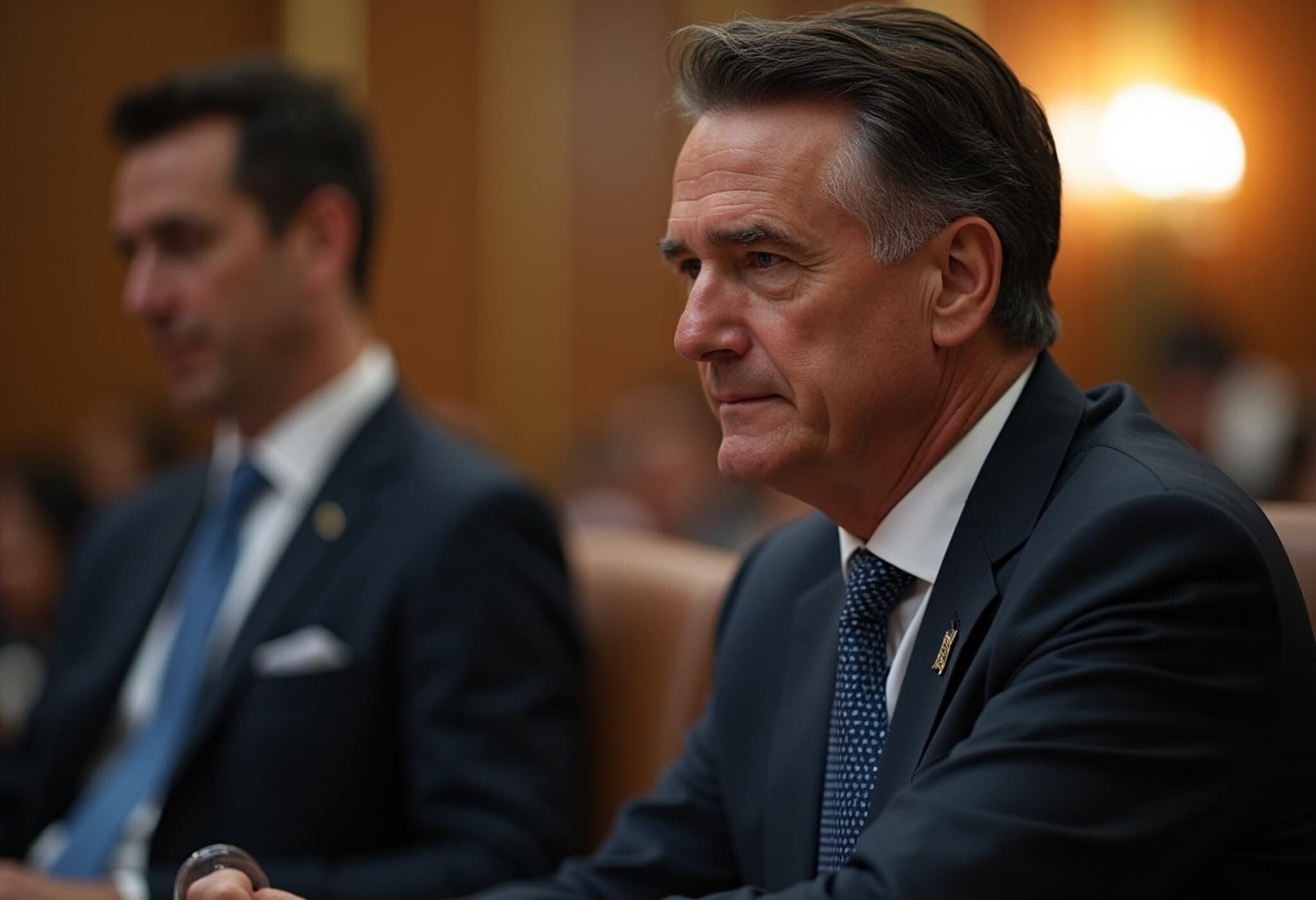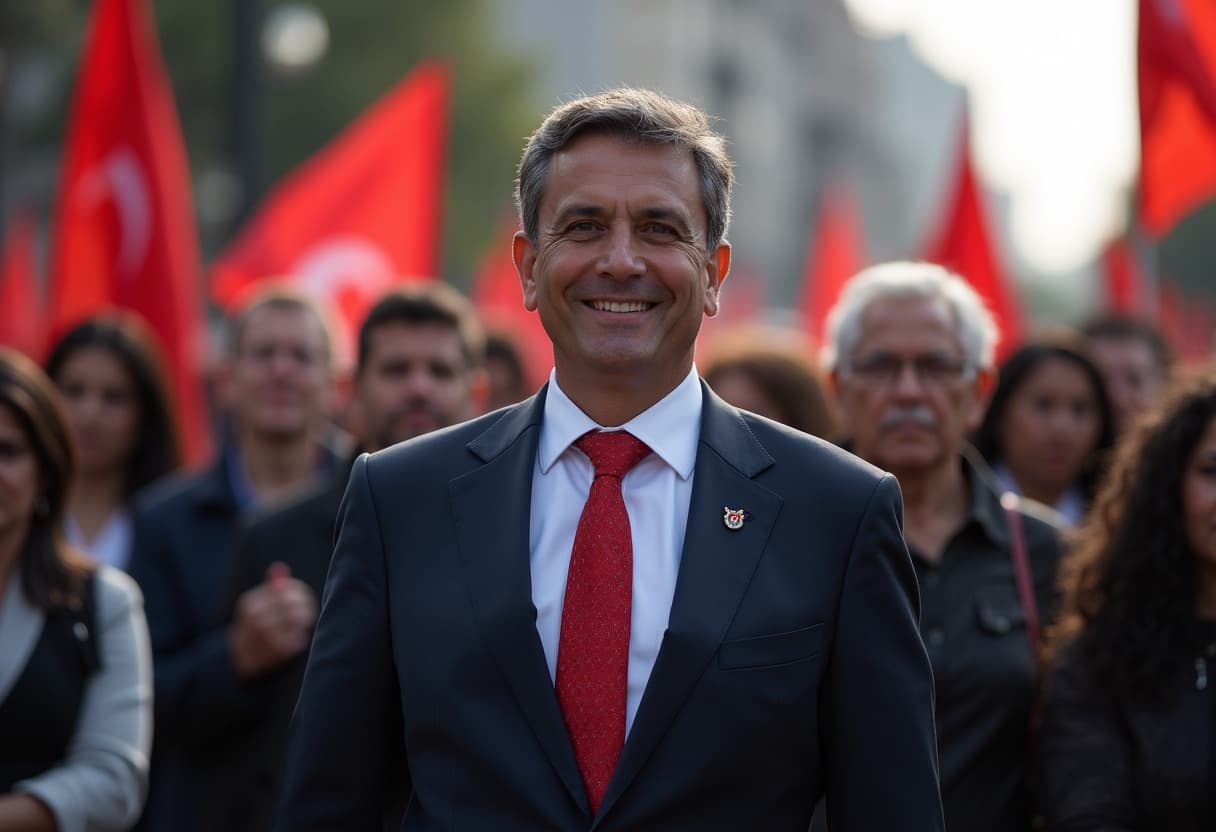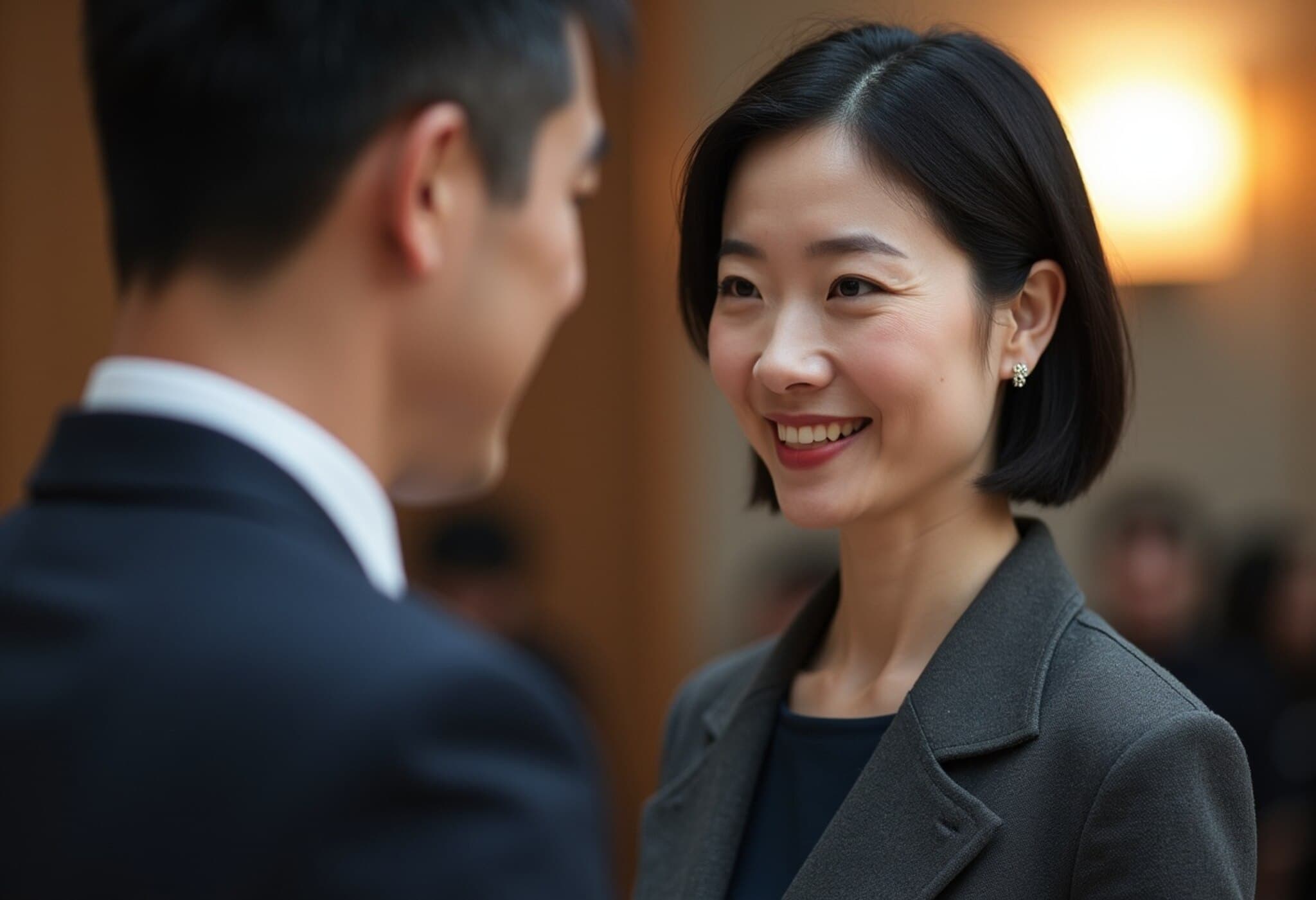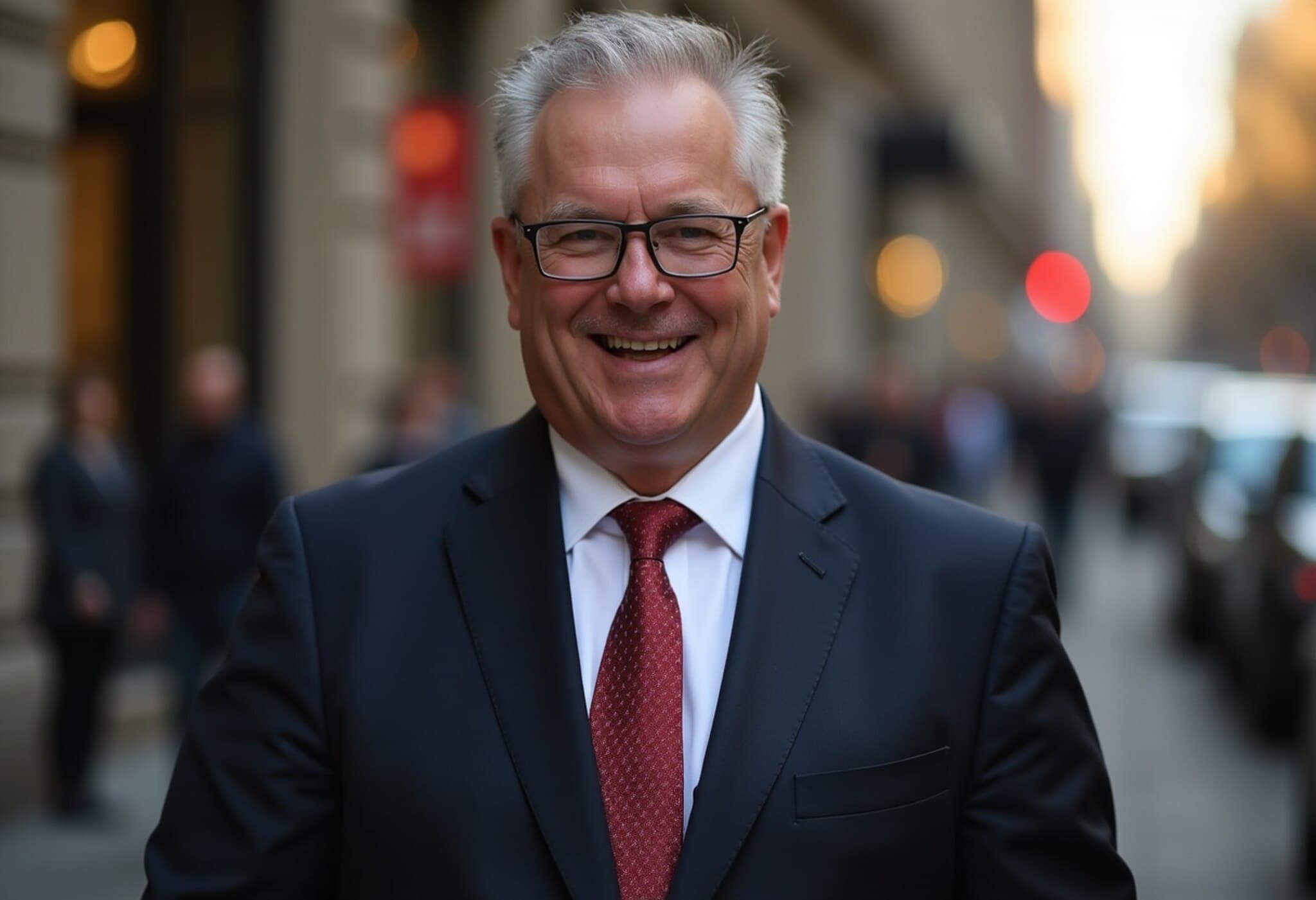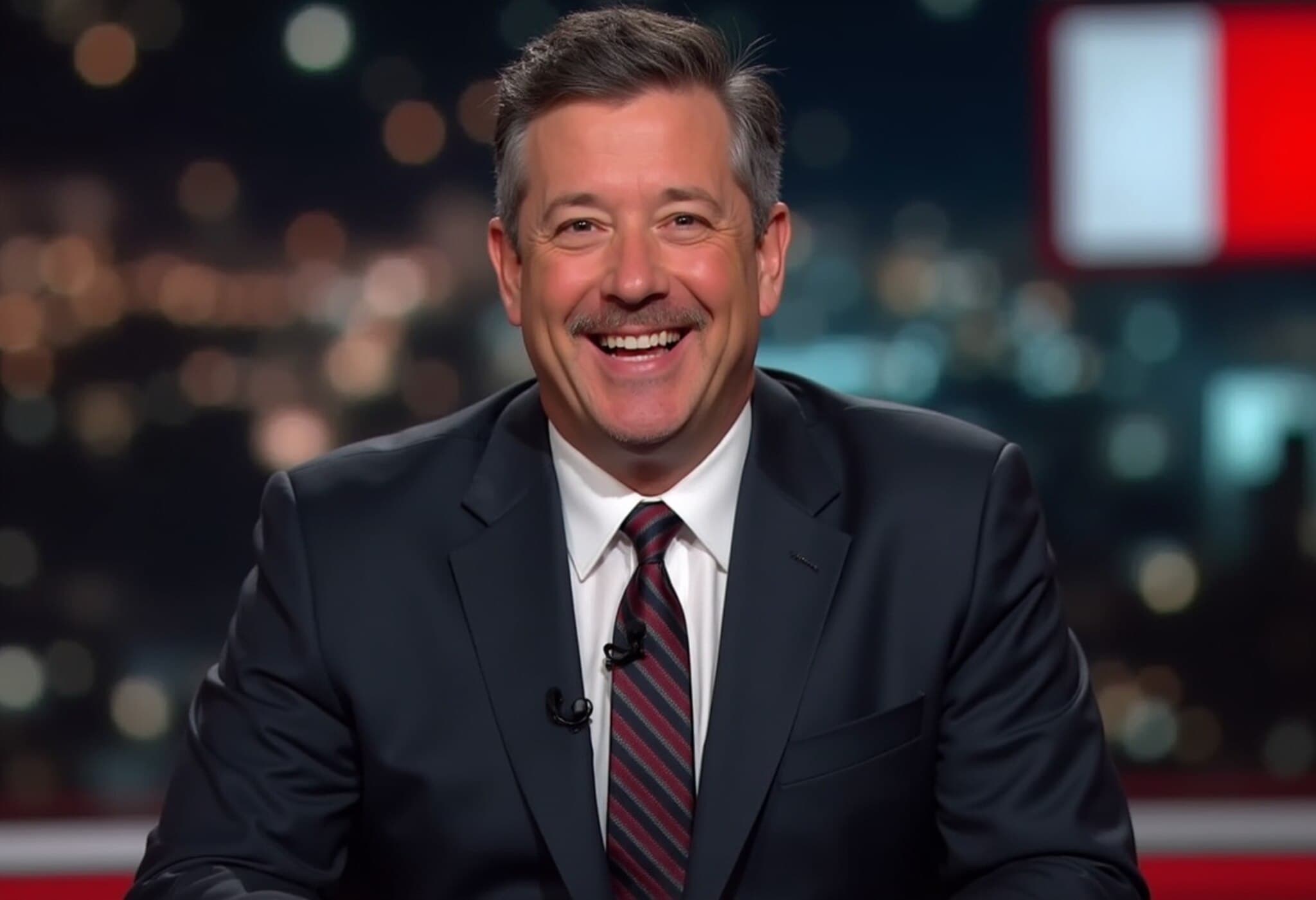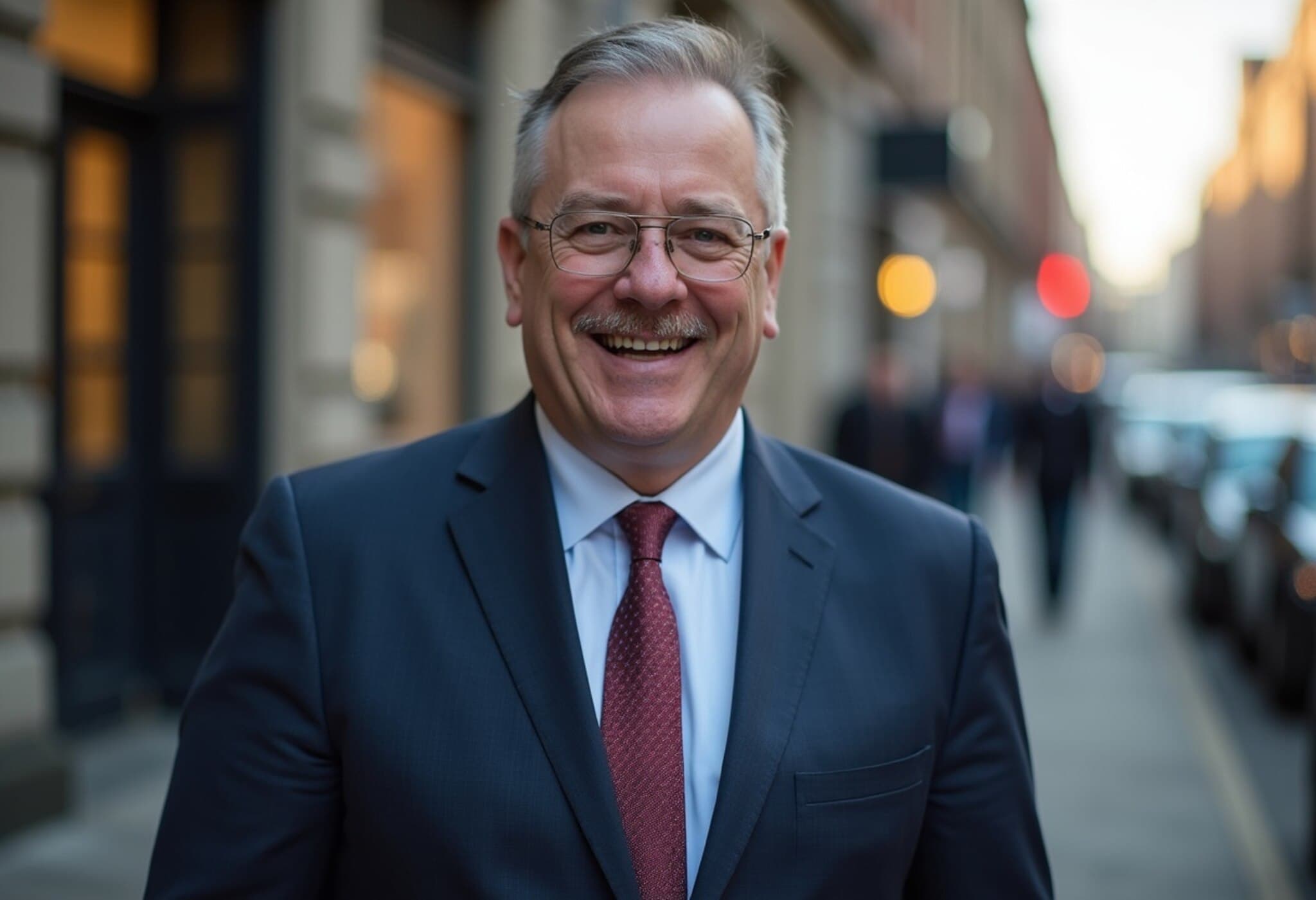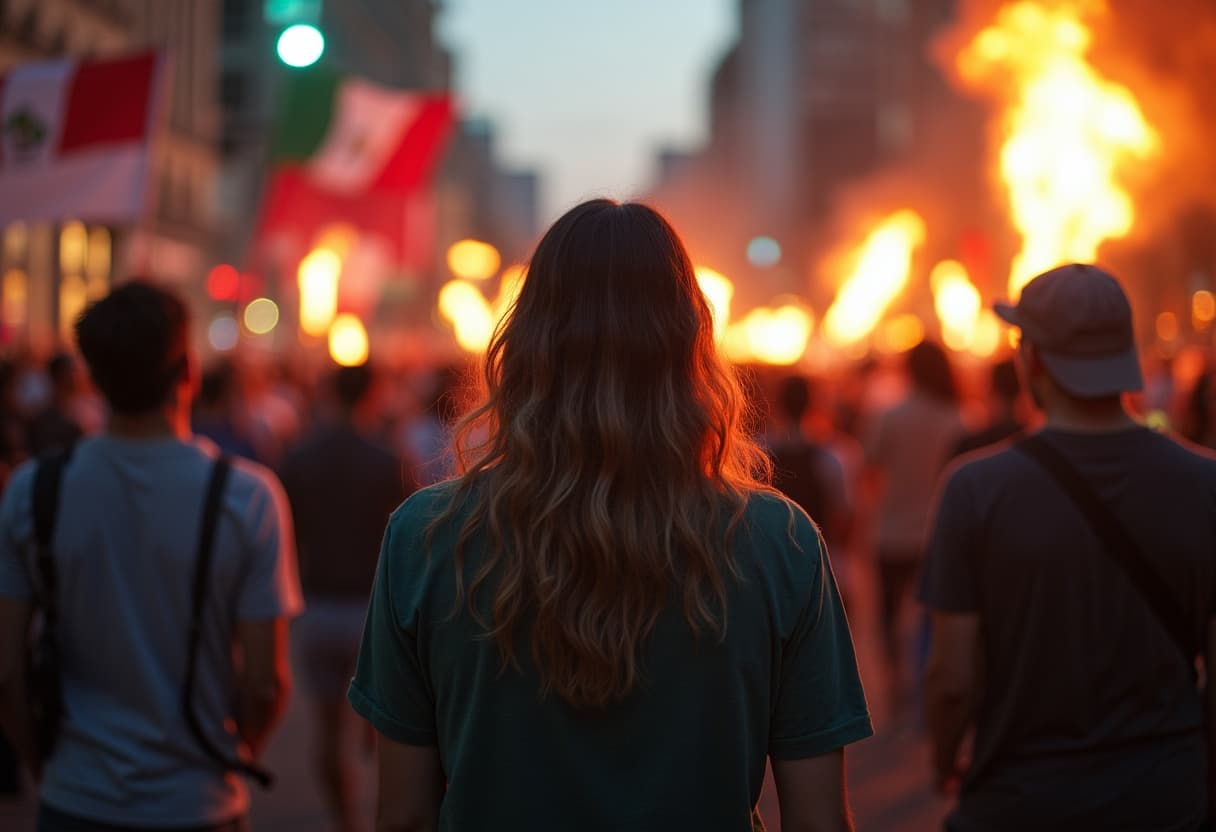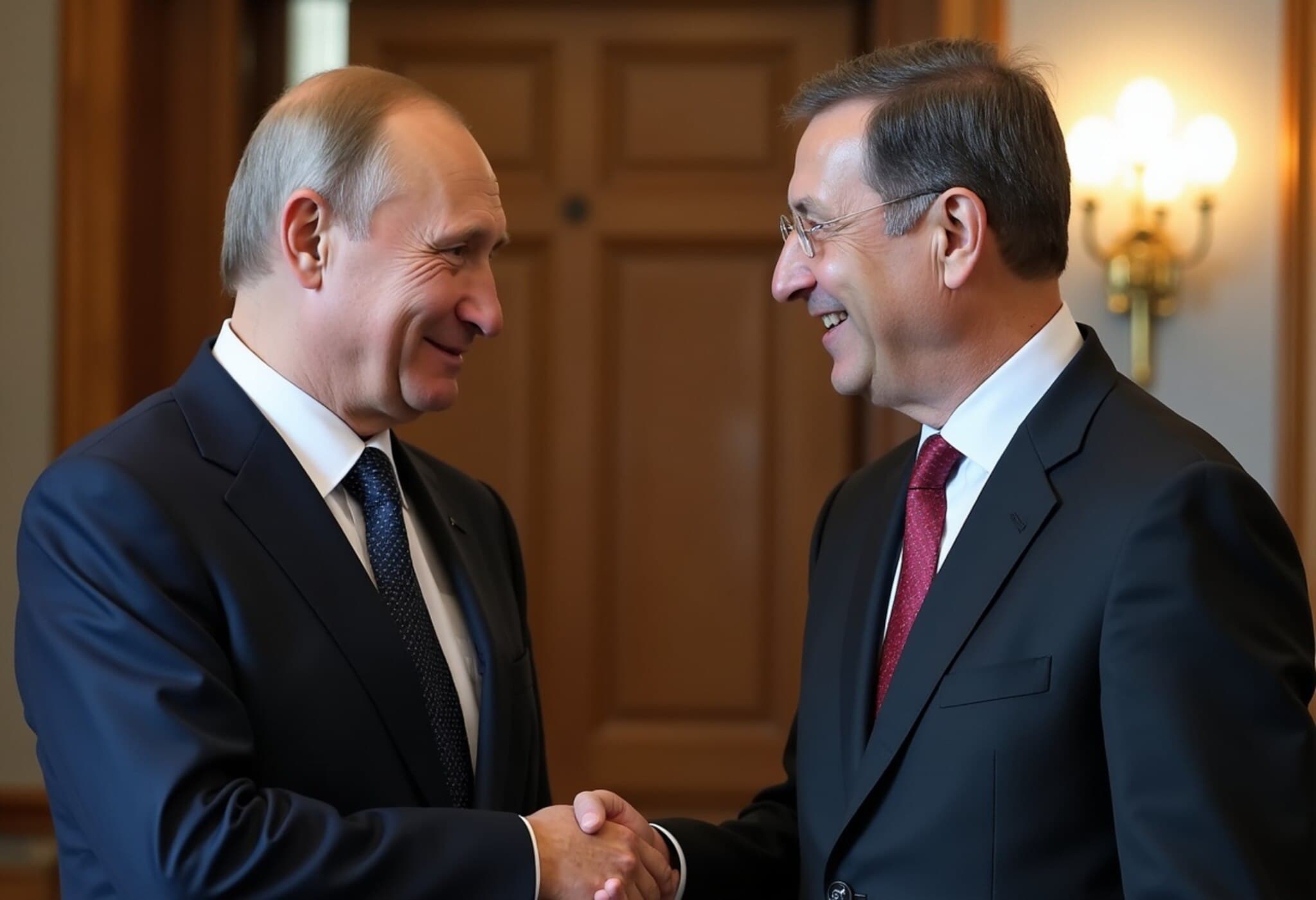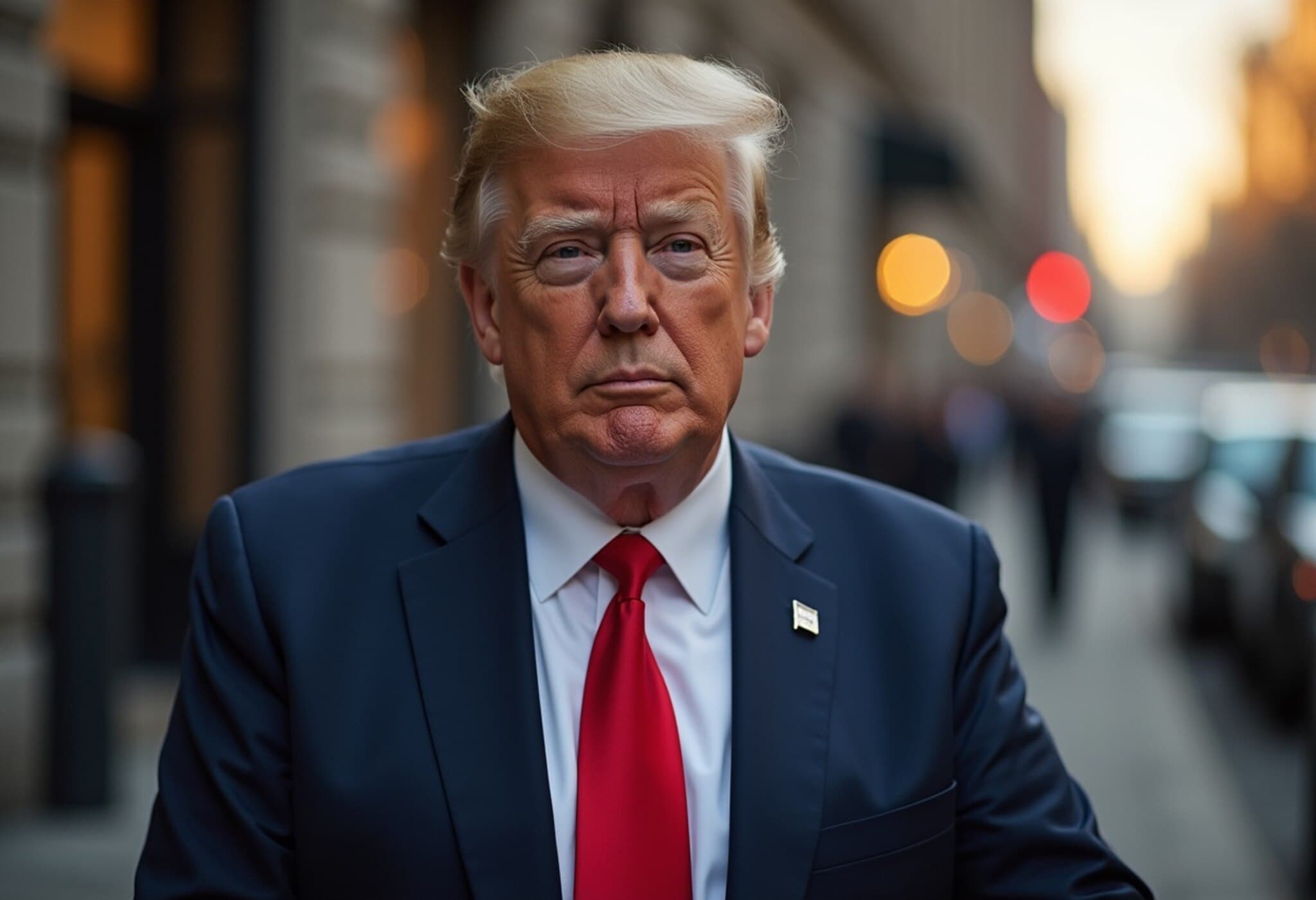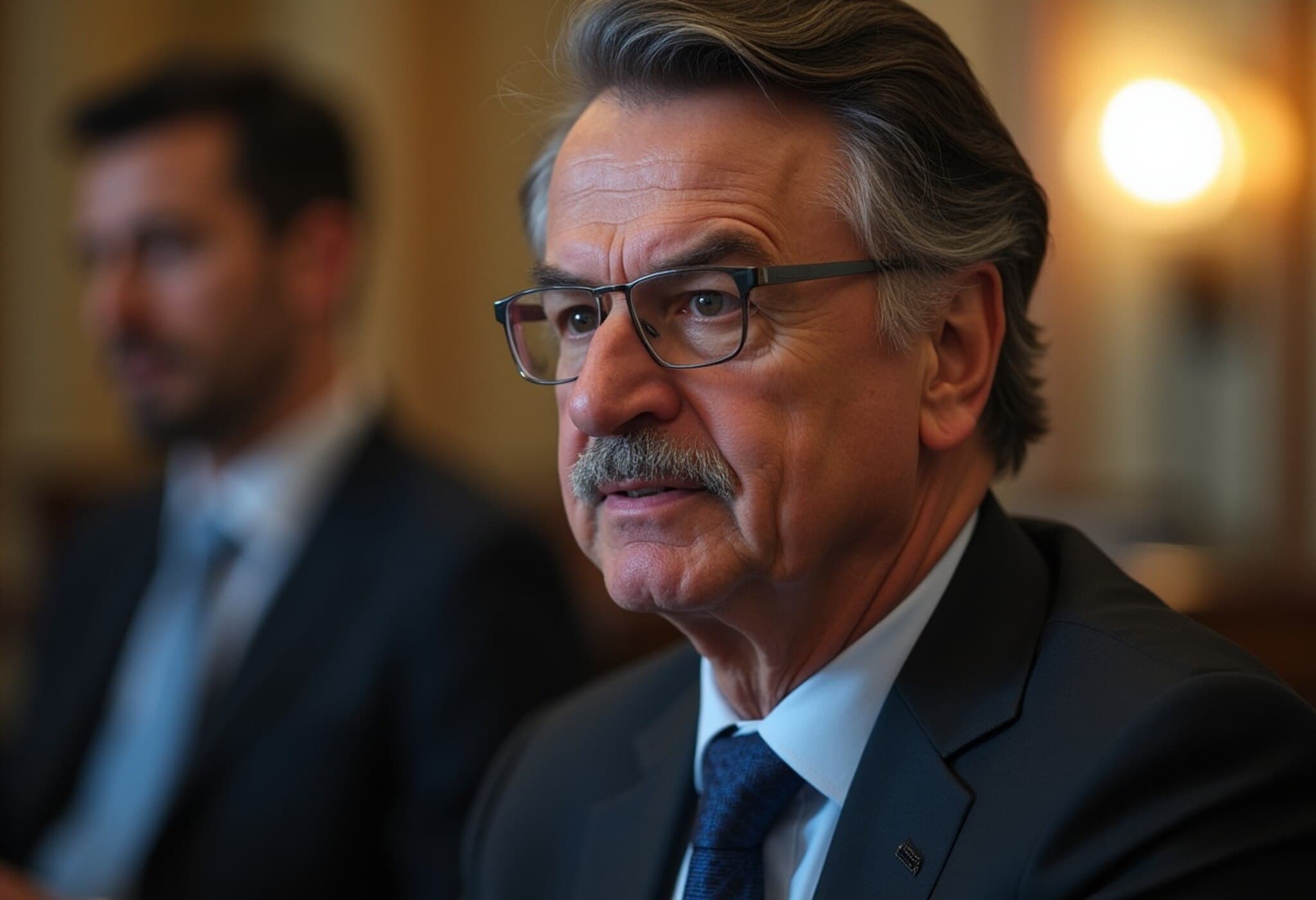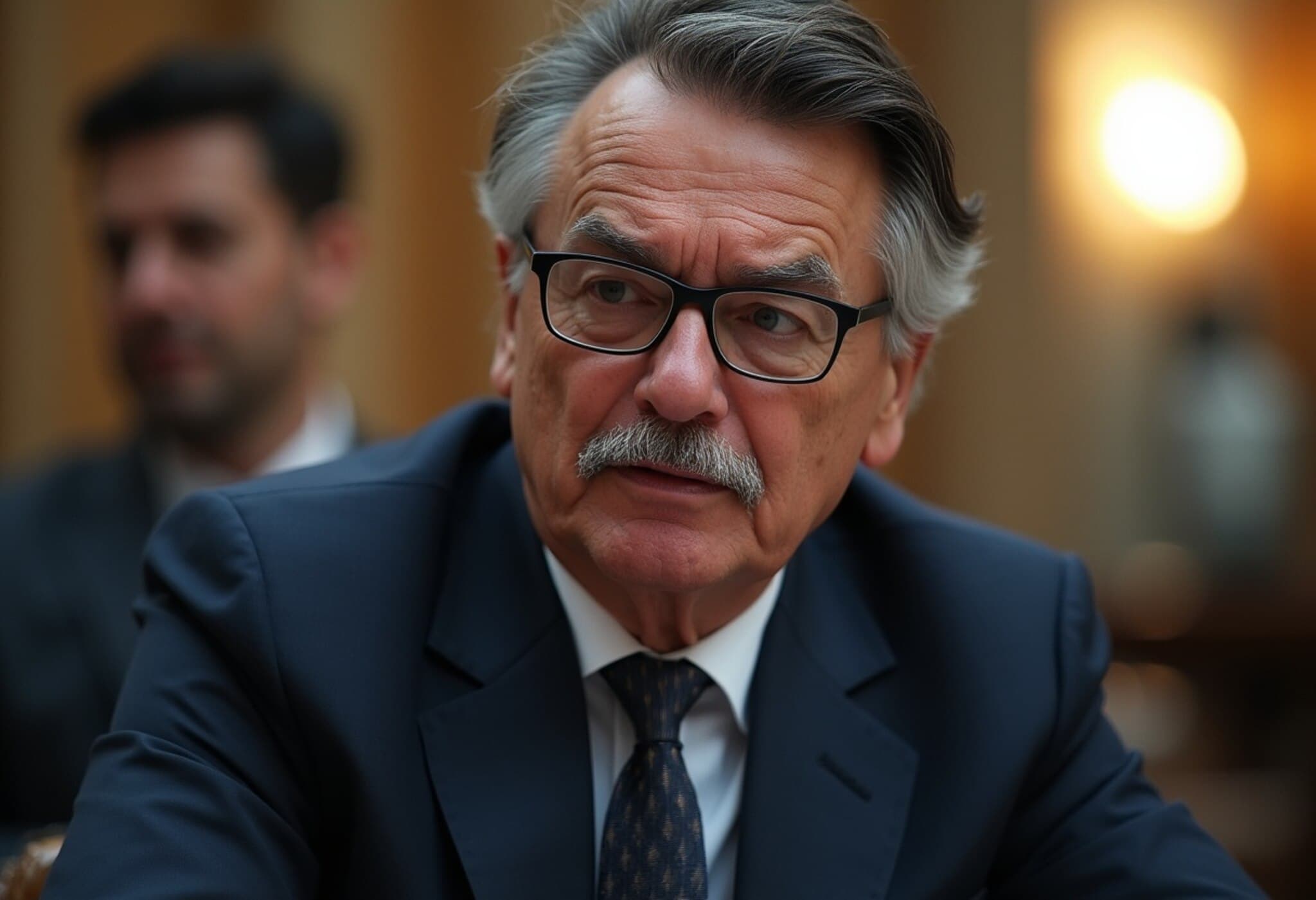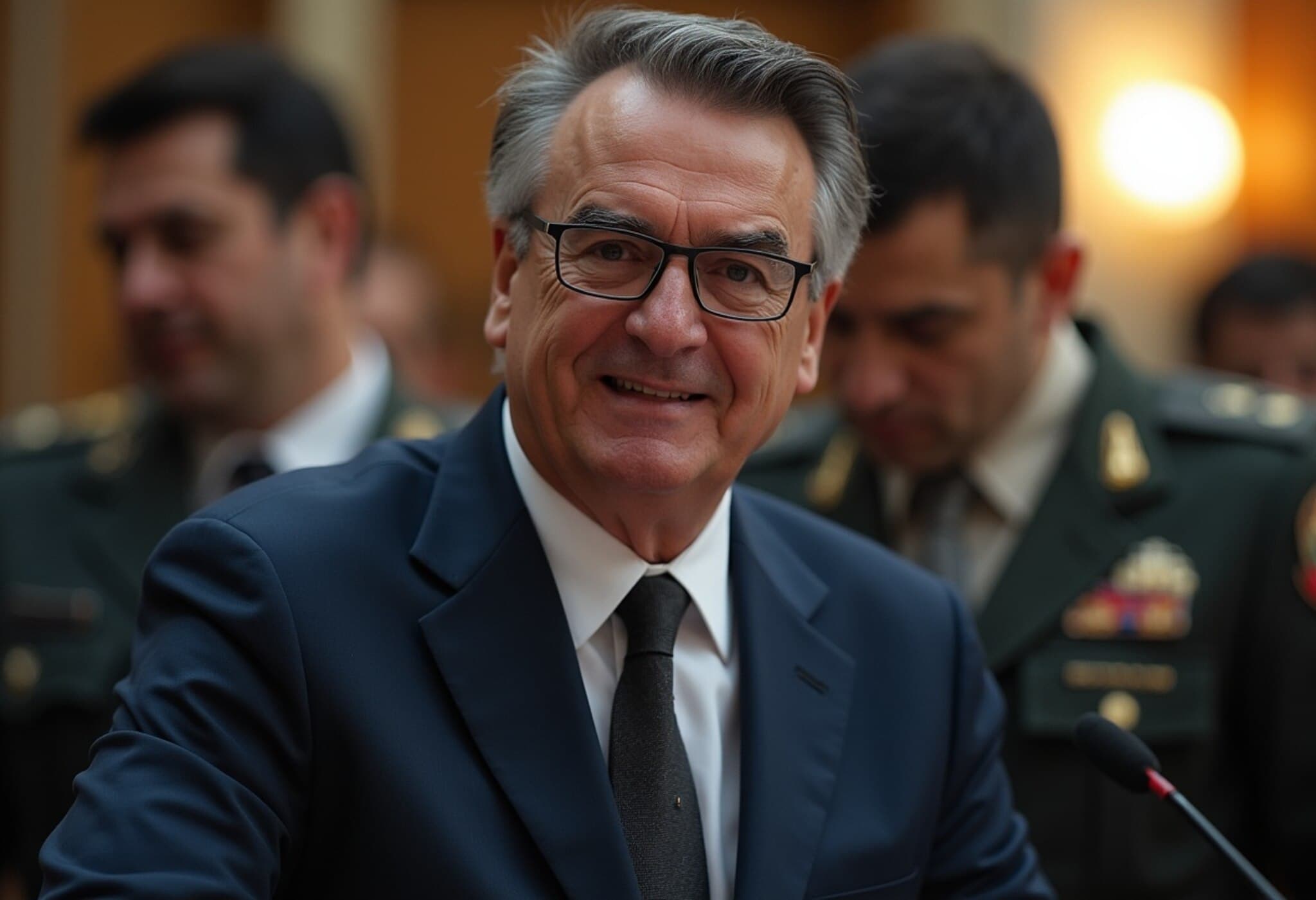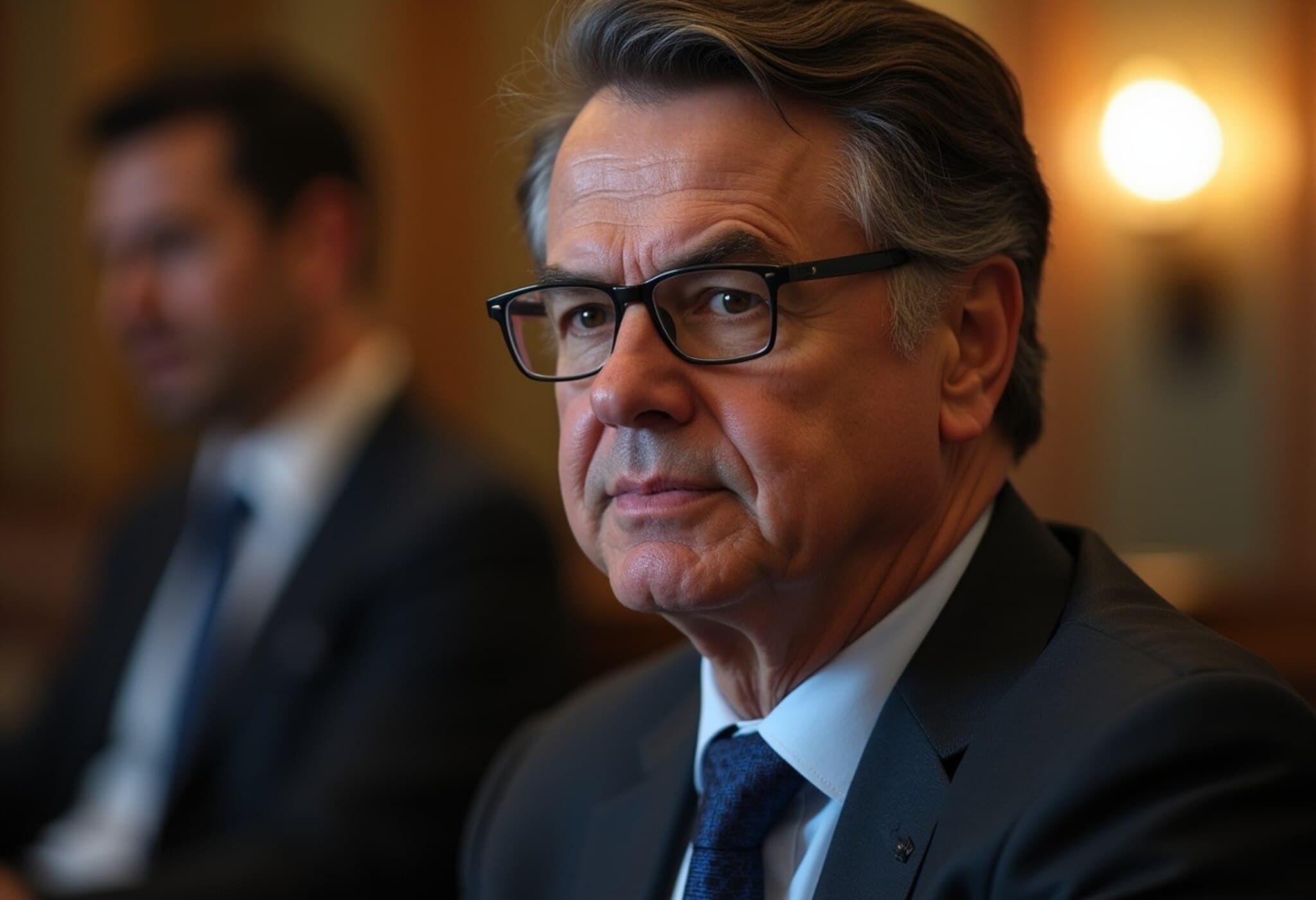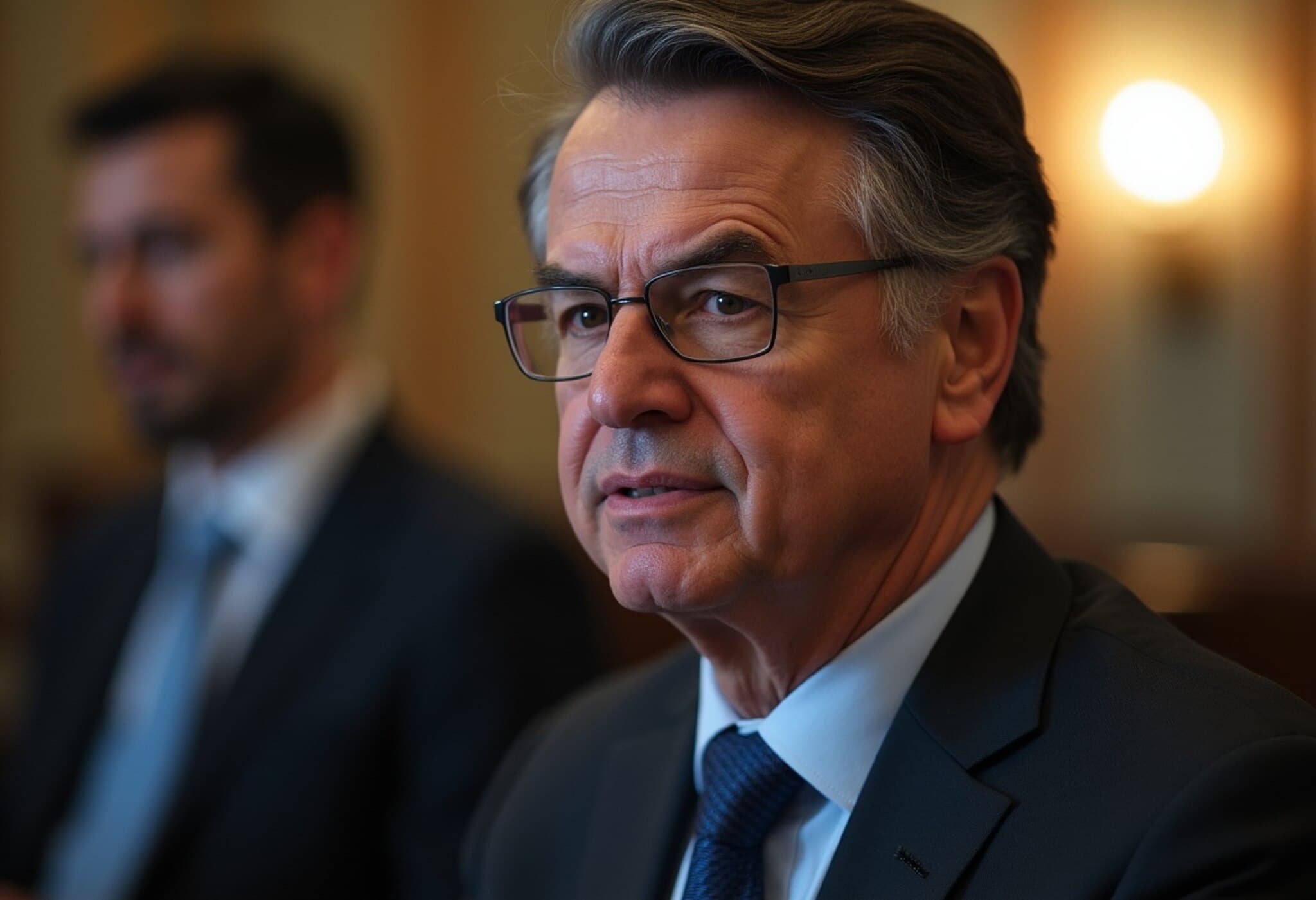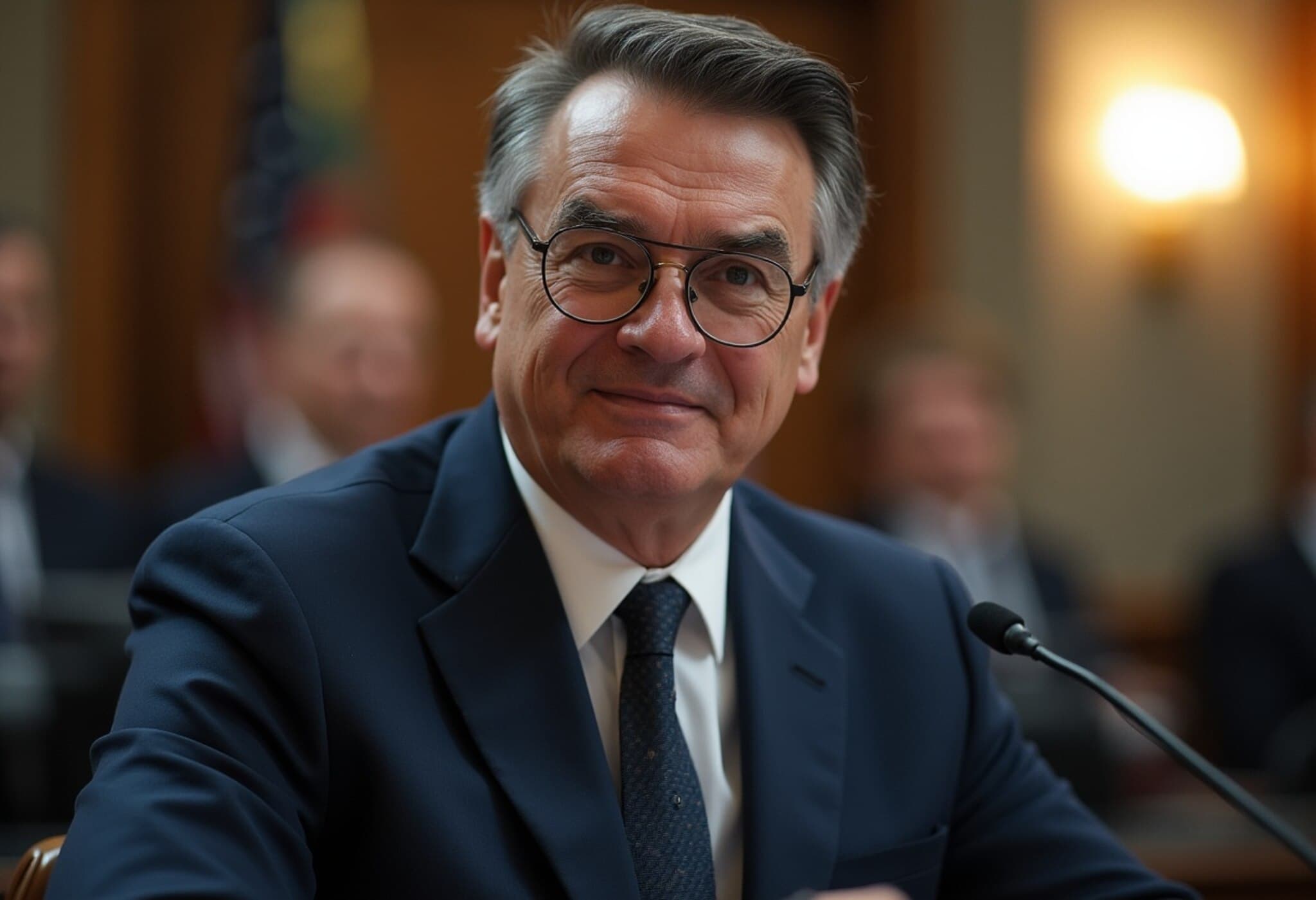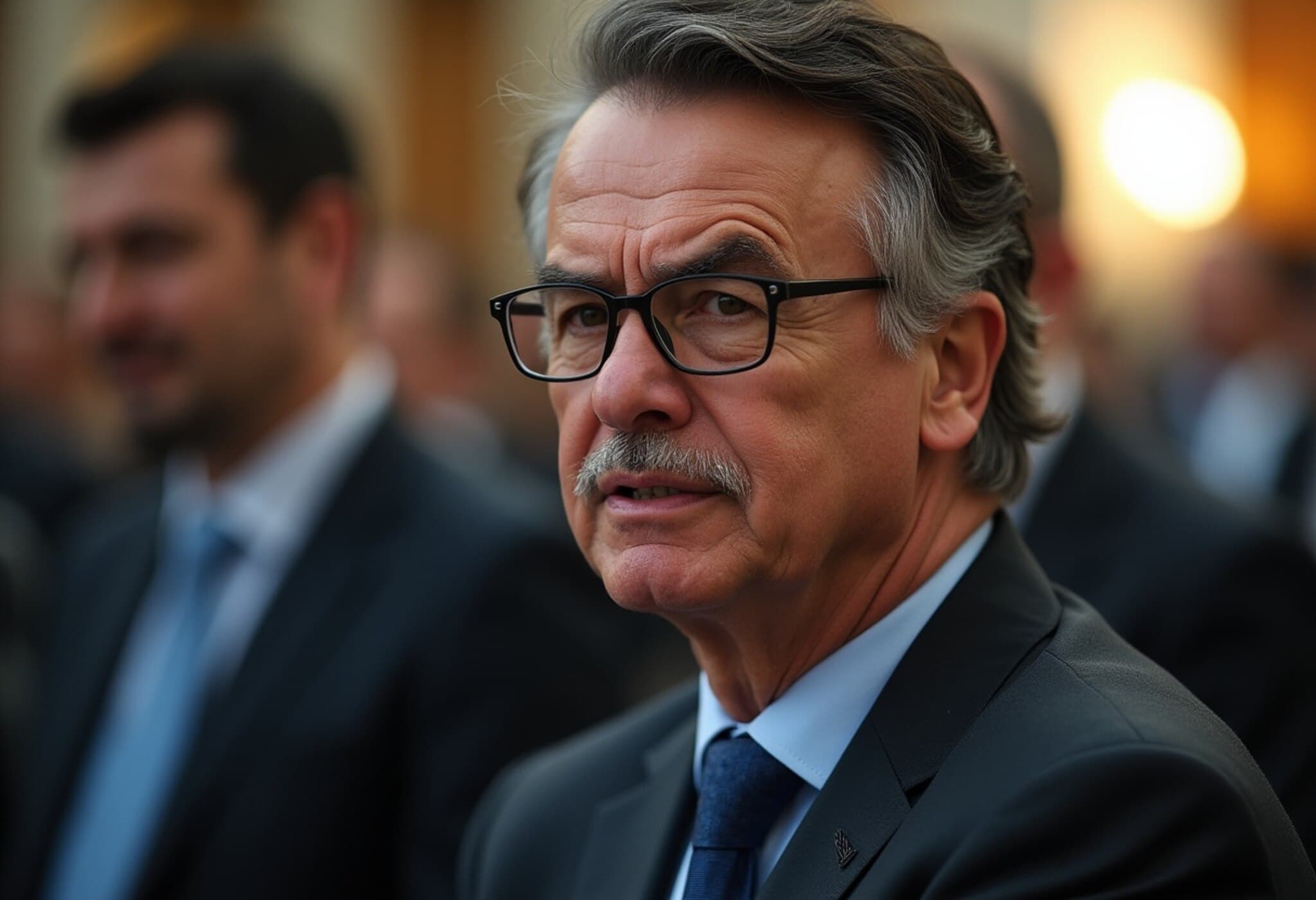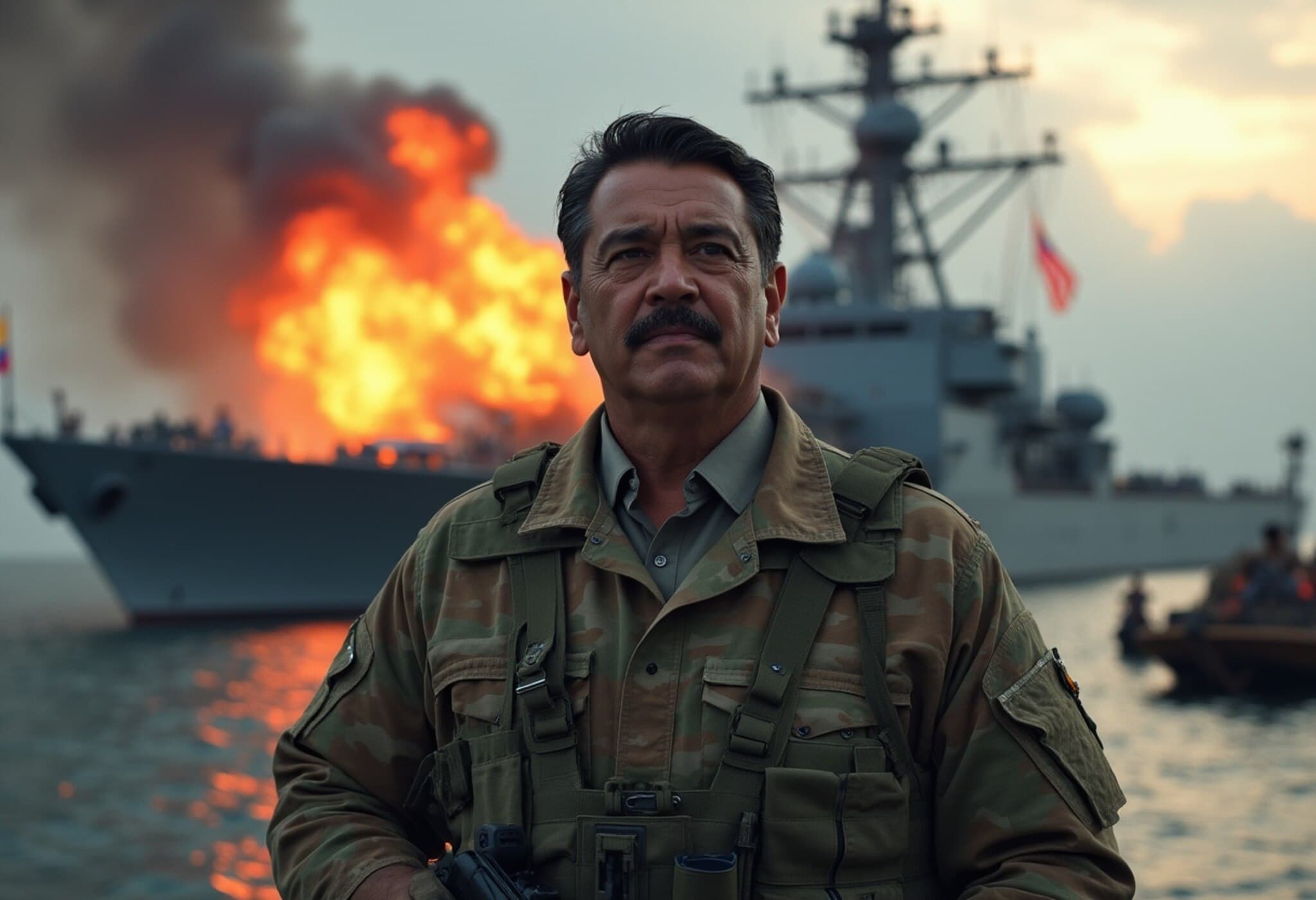Brazil’s Judiciary Takes a Stand as Bolsonaro Faces Historic Coup Trial
In a landmark moment that reverberates far beyond Brazil’s borders, the nation’s Supreme Court commenced the trial of former President Jair Bolsonaro on September 2, 2025, charging him with orchestrating a coup attempt following his defeat in the 2022 presidential election. Yet, Bolsonaro was noticeably absent from the proceedings, his legal team citing poor health—a claim marked by reports of debilitating hiccups believed to be linked to complications from a 2018 stabbing incident while campaigning.
An Unprecedented Legal Challenge to Democracy
The charges cast a gravely serious shadow over Brazil’s democracy: Bolsonaro, alongside seven close associates, is accused of conspiring to overturn election results, drafting plans to involve the military in keeping power unlawfully, and allegedly plotting to poison President Luiz Inácio Lula da Silva, the incumbent. The accusations include “violent abolition of the democratic rule of law” and a full-blown “coup d’état.” Conviction could mean more than 40 years of imprisonment for the former leader.
Security and Political Turmoil Amid the Trial
The trial’s opening occurred under tightened security around Brasília’s Supreme Court, with bomb-sniffing dogs, drones monitoring the area, and police officers strategically stationed to secure the facility and its justices. The atmosphere reflects the deep political fault lines that Bolsonaro’s case has exposed, stirring memories of Brazil’s past military dictatorship (1964-1985) and placing the nation’s institutions under an intense spotlight.
Political Fallout: U.S. Involvement and International Pressure
Adding complexity to the legal proceedings is the direct political intervention by former U.S. President Donald Trump, a vocal ally of Bolsonaro. Trump has condemned the trial as a “witch hunt,” imposing hefty tariffs on Brazilian goods and sanctioning key judicial figures, including Justice Alexandre de Moraes, who oversees the case. These moves have sparked a diplomatic rift between the Americas’ largest democracies, highlighting tensions that blur judicial independence and international politics.
Judicial Resolve in the Face of Pressure
Justice de Moraes issued a firm admonition against external interference during the trial’s opening statements, branding Bolsonaro and associates’ overtures to the U.S. as “cowardly and treacherous.” He vowed that such coercion would not sway the court’s impartiality or undermine Brazil’s legal institutions.
Broader Implications and Observations
- The trial underscores broader challenges confronting democracies worldwide: the fragility of electoral integrity and the importance of judicial checks on former leaders.
- Bolsonaro’s health and absence from court raise questions about tactical legal strategies, including the use of medical claims to delay accountability.
- The involvement of military figures in the alleged plot spotlights enduring tensions between Brazil’s political sphere and its armed forces, a legacy of the authoritarian past.
- The diplomatic strain with the U.S. reflects how domestic judicial processes can become international flashpoints in an era of polarized politics.
Trial Outlook and What to Watch
The trial is expected to unfold over the coming two weeks, culminating in a verdict possibly by September 12. Observers anticipate a conviction likely, given the evidence presented and the Supreme Court’s firm stance, making this a crucial moment for judicial authority and democratic resilience in Latin America.
Editor’s Note
Brazil’s Bolsonaro trial poses vital questions about the strength of democracy in the 21st century. Can judicial institutions withstand political and international pressure to uphold rule of law? How might this landmark case influence democratic norms across Latin America and beyond? For American policymakers, the episode is a cautionary tale of the interplay between domestic politics and foreign influence—a reminder that democracy demands constant vigilance, both at home and abroad.
By Ana Ionova, contributing from Brasília, with additional reporting by Janaina Camelo.

